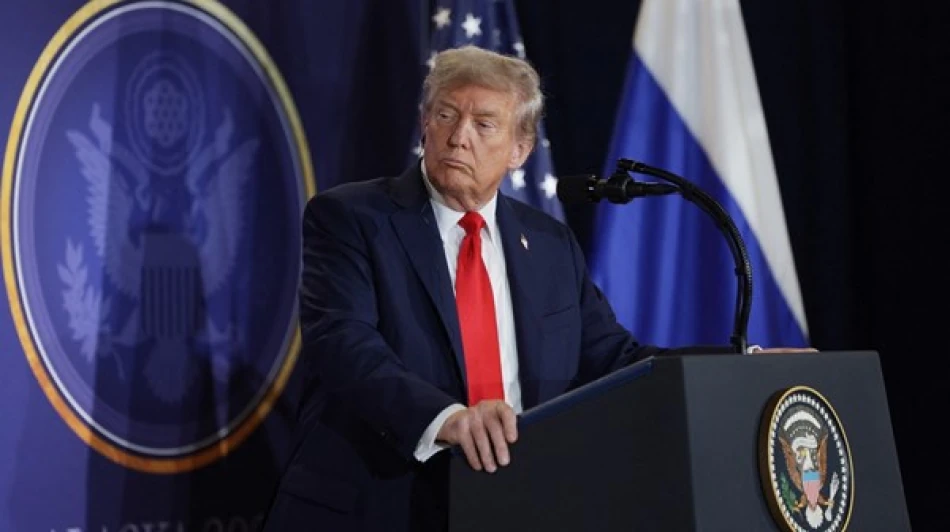
Trump to Brief Zelensky and European Leaders on Outcomes of Putin Summit
Trump Plans to Brief European Leaders on Putin Summit Outcomes
President Donald Trump will share the results of his upcoming summit with Russian President Vladimir Putin with Ukrainian President Volodymyr Zelensky and other European leaders, according to government sources. This coordinated diplomatic approach signals a potential shift toward multilateral engagement in resolving the ongoing conflict in Ukraine.
A New Framework for Ukraine Diplomacy
The decision to brief European allies represents a departure from Trump's traditionally bilateral approach to international negotiations. By including Zelensky and European leaders in post-summit discussions, the administration appears to be acknowledging the broader stakeholder interests in any potential Ukraine resolution.
This strategy could help address longstanding European concerns about being sidelined in Ukraine-related negotiations. Previous Trump-Putin meetings, including their 2018 Helsinki summit, drew criticism for lack of transparency and limited allied consultation.
Strategic Implications for European Security
Ukraine's Position in the Process
Including Zelensky directly in post-summit briefings marks a significant diplomatic gesture. It suggests that any agreements or understandings reached with Putin will be shared with Ukraine's leadership, potentially giving Kyiv more agency in shaping its own future rather than having terms dictated by major powers.
European Union Engagement
European leaders have consistently emphasized that no decisions about European security should be made without European input. Trump's commitment to briefing EU leadership could help rebuild transatlantic trust that has been strained throughout the Ukraine conflict.
Market and Economic Considerations
Financial markets typically respond positively to signs of diplomatic progress in major conflicts. The structured approach to post-summit communication could provide investors with clearer signals about potential resolution pathways, affecting everything from European defense stocks to energy markets dependent on regional stability.
Currency markets, particularly the euro and Ukrainian hryvnia, often fluctuate based on conflict developments. A transparent diplomatic process could reduce volatility by providing more predictable information flows to market participants.
Historical Context and Precedent
This multilateral briefing approach echoes successful diplomatic frameworks from previous decades, such as the Camp David Accords process, where stakeholder consultation proved crucial for lasting agreements. However, it contrasts sharply with the more secretive diplomacy that has characterized much of the Ukraine conflict negotiations to date.
The commitment to transparency also addresses criticism that major powers have historically negotiated over smaller nations' heads, a pattern that contributed to instability in previous European conflicts.
Most Viewed News

 Layla Al Mansoori
Layla Al Mansoori






